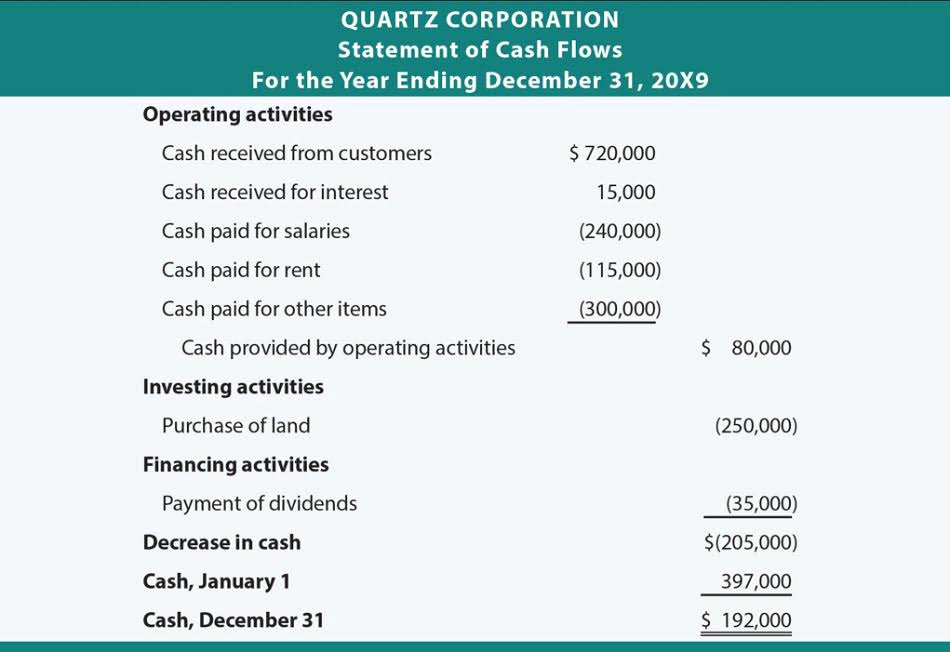GAAP vs IFRS: What’s the Difference?

The full disclosure principle is a principle you may have heard in the news in regard to businesses releasing information. Under this basic accounting principle, a business is required to disclose all information that relates to the function of its financial statements in notes for the reader that accompany the statements. Generally, these notes first list the business’s accounting policies and follow with any additional relevant information. It is because of this principle that your balance sheet always reports information as of a certain date and your profit and loss statement encompasses a date range. Following GAAP guidelines and being GAAP compliant is an essential responsibility of any publicly traded U.S. company.
Revenue recognition principle.
Most financial institutions require annual GAAP-compliant financial statements as a part of their debt covenants when issuing business loans, leading many U.S. companies to adopt GAAP. The GAAP technique refers to the methodologies and practices prescribed by Generally Accepted Accounting Principles for recording and reporting financial information. It includes specific ways of handling revenue recognition, asset valuation, financial statement preparation, and more, ensuring consistency and comparability across companies and periods. GAAP and IFRS principles https://www.bookstime.com/articles/what-is-a-virtual-accountant ensure financial statement consistency, reliability, and comparability. IFRS (International Financial Reporting Standards) aims for similar goals but is used internationally. Both frameworks guide how financial transactions are recorded and reported but they differ in their approaches and standards.
- Securities and Exchange Commission from 2010 to 2012 to come up with an official plan for convergence.
- Conservatism principle encourages the accountant to report more significant liability amount, lesser asset amount, and also a lower amount of net profits.
- It aids in understanding how inventory management and pricing strategies impact the company’s gross margin and overall profitability.
- Plus, by learning about these accounting principles and adhering to them, you’ll be able to communicate more effectively with any accountant or bookkeeper you hire throughout your business’s lifetime.
- This approach prevents the understatement of asset values that could occur if liquidation values were used.
Can you explain the Principle of Continuity and its impact on asset valuation?

Comparability is the ability for financial statement users to review multiple companies’ financials side by side with the guarantee that accounting principles have been followed to the same set of standards. This makes it easier for investors to analyze and extract useful information from the company’s financial statements, including trend data over a period of time. It also facilitates the comparison of financial information across different companies. Any company that distributes financial statements identify the two main categories of accounting principles. publicly should use some form of established accounting principles. Consequently, the theoretical framework and principles of the IFRS leave more room for interpretation and may often require lengthy disclosures on financial statements.
- It allows for the valuation of assets and liabilities as if the business will continue to operate, fostering realistic financial reporting.
- Today, the Financial Accounting Standards Board (FASB), an independent authority, continually monitors and updates GAAP.
- They are obligated to acquire this information from the business, which is why an accounting team’s requests may seem intensely thorough when requesting financial information.
- Although a business may be in a bad financial situation, one that may even compromise its future, the accountant may only report on the situation as it is.
- By following GAAP guidelines, compliant organizations ensure the accuracy, consistency, and transparency of their financial disclosures.
Would you prefer to work with a financial professional remotely or in-person?

It ensures that all significant financial information, which could influence the decision-making process of users of financial statements, is comprehensively disclosed. This principle balances the need for complete transparency with the practicality of reporting, shaping how companies determine the relevance and importance of financial data. The Principle of Consistency is a pivotal element in Generally Accepted Accounting Principles (GAAP).

Some U.S. small and mid-size enterprises (SMEs) voluntarily use IFRS accounting procedures, which are neither expressly permitted nor prohibited under applicable U.S. laws. The Principle of Continuity, alternatively referred to as the Going Concern Assumption, posits that a business will sustain its operations into the foreseeable future. This assumption impacts asset valuation by allowing assets to be valued based on their continued use in the business rather than on their liquidation value, which might be lower. This principle provides a more realistic valuation of assets in the normal course of business. In that case, the Principle of Prudence requires that an estimated loss be recorded in the financial statements.

Assets should be recorded at their original cost rather than their market value to ensure reliability. Expenses should be matched with related revenues in the same period to accurately measure profitability. On the recommendation of the American Institute of CPAs (AICPA), the FASB was formed as an independent board in 1973 to take over GAAP determinations and updates. The board comprises seven https://x.com/BooksTimeInc full-time, impartial members, ensuring that it works for the public’s best interest.
